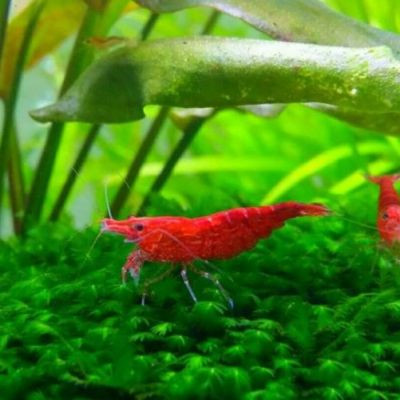Deeplearning4j - Ep. 18 (Deep Learning SIMPLIFIED)
Deeplearning4j is one of the few libraries that allows you to train your net over a distributed, multi-node cluster. The library provides an Iterative Map-Reduce procedure as well as a set of tools for configuring a Deep Net using hyper-parameters.
Deep Learning TV on
Facebook: https://www.facebook.com/DeepLearningTV/
Twitter: https://twitter.com/deeplearningtv
The Deeplearning4j Java library was created by Adam Gibson in response to the lack of distributed, multi-node capabilities in other Deep Net libraries. Deeplearning4j can run on both Scala and Clojure, and it provides built-in GPU support for a distributed framework. You can also use the library to set up a deep net by configuring its hyper-parameters.
Deeplearning4j supports nearly every type of deep net, including the MLP, RBM/DBN, Convolutional Net, Recurrent Net, RNTN, and autoencoders. In addition, the Canova vectorization library is included with the package.
How does the Iterative Map-Reduce procedure differ from standard Map-Reduce? In Deeplearning4j, there are two different steps:
- MAP: Input data is distributed throughout the cluster, with every node receiving a different portion of the data. Each node begins training with its input set.
- REDUCE: After training, the parameters of all the nets are averaged. Every node overwrites its net’s parameters with this global average.
These two steps are repeated iteratively until the error is sufficiently small.
Have you ever trained a deep net over a distributed architecture? Please comment and share your experiences.
Credits
Nickey Pickorita (YouTube art) -
https://www.upwork.com/freelan....cers/~0147b8991909b2
Isabel Descutner (Voice) -
https://www.youtube.com/user/IsabelDescutner
Dan Partynski (Copy Editing) -
https://www.linkedin.com/in/danielpartynski
Marek Scibior (Prezi creator, Illustrator) -
http://brawuroweprezentacje.pl/
Jagannath Rajagopal (Creator, Producer and Director) -
https://ca.linkedin.com/in/jagannathrajagopal

 Generative AI
Generative AI











 Data Analytics
Data Analytics






